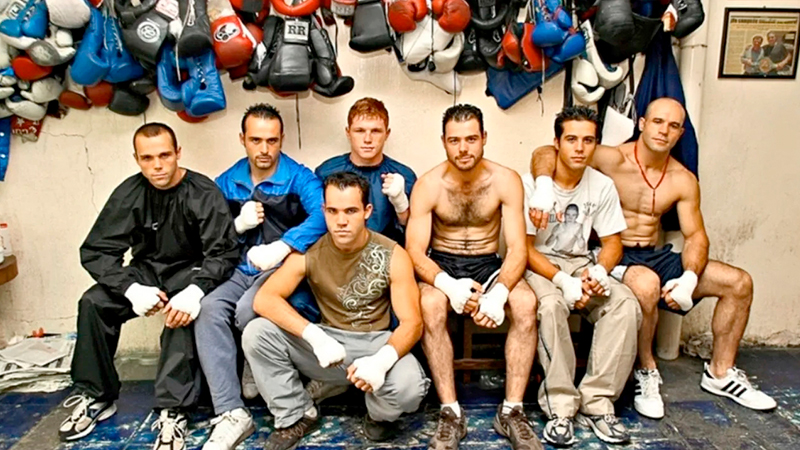
Strengthening Family Ties to Confront Bullying
By Beka Romero
The family nucleus is the focal point of reference for children, where they will learn how to solve a conflict or how to react to it, how to relate to other people, among many other learnings.
The socio-affective relationships based on conflicts at home, social interaction or experiences, will serve as an example for the little ones, since adults become a “role example” for the young…for example: They learn how to treat others. their classmates at school depending on the environment at home.
Consequently, exposure to socialization situations with parents from an early age, added to respectful upbringing and family integration, will allow and facilitate better development of these skills such as better communication with peers, respecting others, putting oneself in the child’s place. another, among others.
30.7% of bullying victims hide their situation from the family, in fact some cases are attributed to no or little communication between members and the lack of parental attention towards the children and some studies indicate that there are better social skills in children whose parents have high levels of support.
Considering children and adolescents not only as victims but also as possible aggressors and possible witnesses opens a path to act better in our environment to serve the little ones as counselors and, above all, as a support network channel.
![]()
Related posts
test


